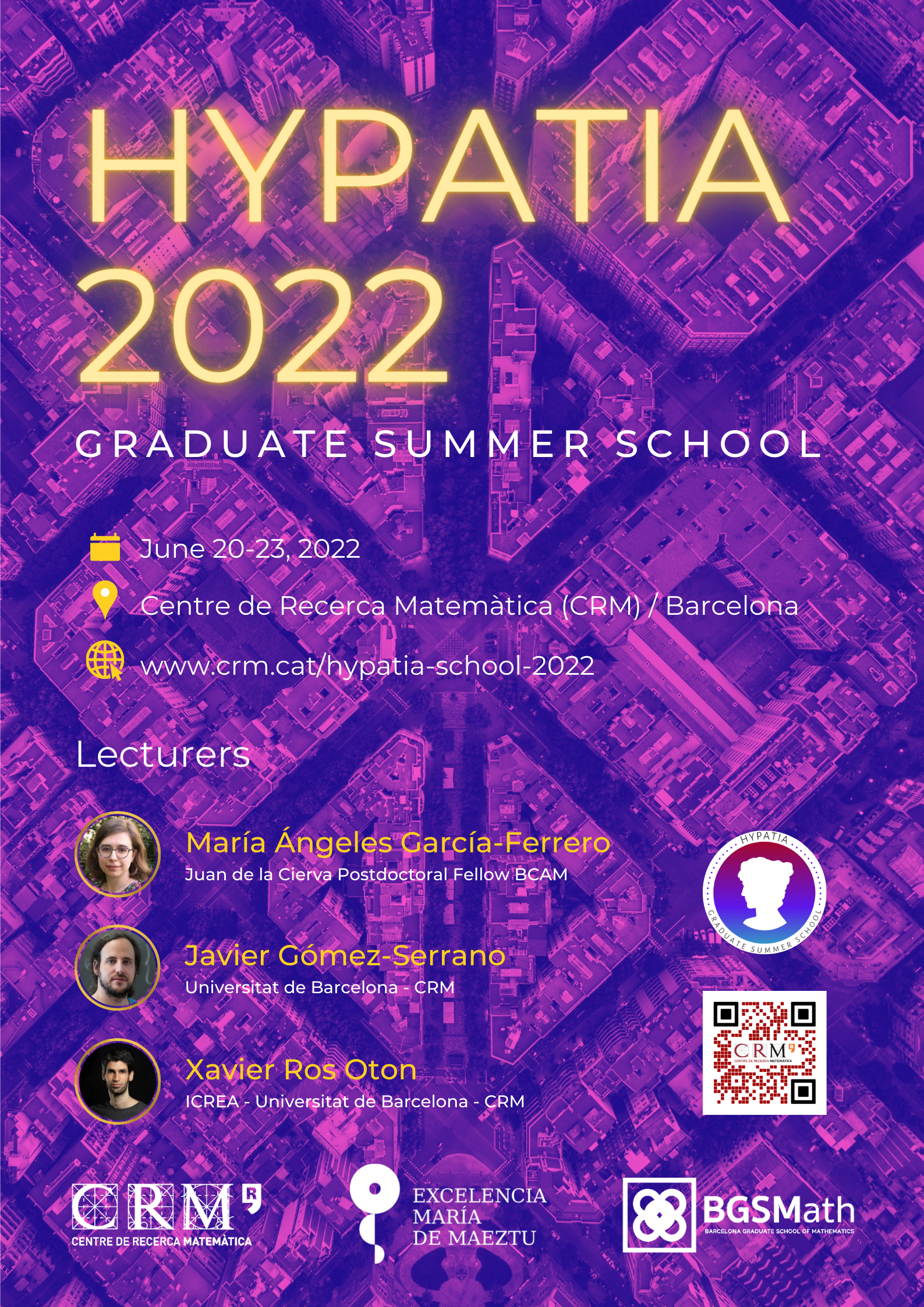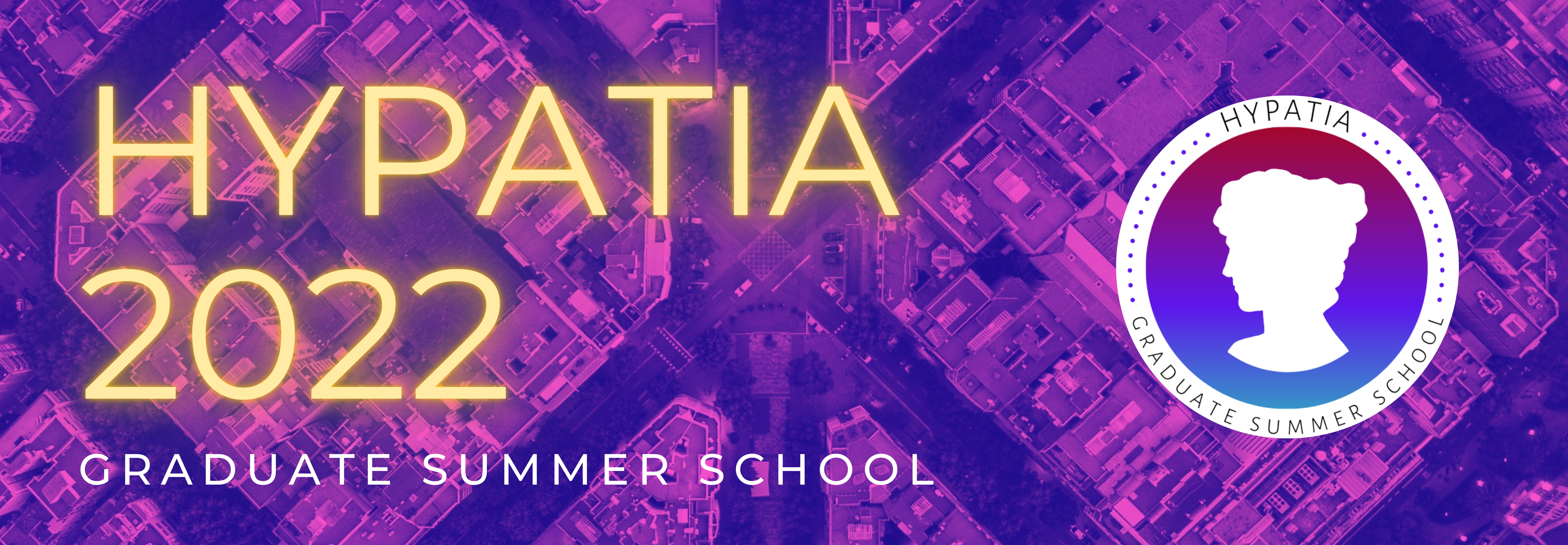
REGISTRATION
- In-person attendance: 200€
- Online attendance: 25€
- Registration Deadline: 10/06/2022
SCHEDULE (TBP)
HYPATIA GRADUATE SUMMER SCHOOL 2022
Advanced Course
📅 June 20-23, 2022
📝 Registration deadline: 10 / 06 / 2022
REGISTRATION

The Hypatia Graduate Summer School will consist in two keynote courses on subjects of exceptional promise and scientific importance delivered by highly distinguished speakers in the area plus a high-level colloquium on a complementary subject.
The Hypatia Graduate Summer School will be developed in an informal atmosphere based on discussions, exchange of ideas and critical analysis of results. Moreover, to honour its namesake, it is committed to work under a friendly gender perspective that highlights the role of women in mathematics and encourages and helps the participation and promotion of young female researchers at a professional level.
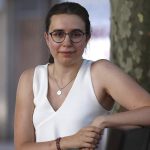
María Ángeles García-Ferrero
Juan de la Cierva Postdoctoral Fellow - Basque Center for Applied Mathematics
María Ángeles is a Juan de la Cierva postdoctoral fellow at the Basque Center for Applied Mathematics (BCAM) in Bilbao (Spain). Before that, she spent three years in Germany as a postdoctoral researcher, first at the Max-Planck-Institut für Mathematik in den Naturwissenschaften in Leipzig and afterwards, at the Institut für Angewandte Mathematik at the Universität Heidelberg, in the Analysis and Partial Differential Equations group led by Angkana Rüland. She is a member of Luis Vega‘s group in Linear and Non-Linear Waves and of the Bilbao Analysis and PDE group. Her research interests include (local and nonlocal) partial differential equations, inverse problems, geometric analysis, fluid mechanics and mathematical physics. She has received several awards for young mathematicians in Spain and has won different prizes in national and international Mathematic Olympiads.
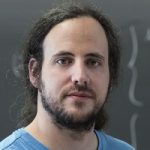
Javier Gómez-Serrano
Universitat de Barcelona - Brown University - CRM
Javier is a visiting Professor at Brown University and a Distinguished Researcher at University of Barcelona. Before that, he was an Instructor and an Assistant Professor at Princeton. His research interests are on the boundary between analysis, partial differential equations, fluid mechanics, spectral geometry, numerical computation and rigorous computer-assisted proofs. He is the PI of an ERC Starting Grant (2020-2025), has received several awards for young mathematicians in Spain and has won different prizes in national and international Mathematic Olympiads.
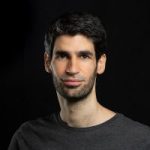
Xavier Ros Oton
ICREA - Universitat de Barcelona - CRM
Personal webpage: https://www.ub.edu/pde/xros
Abstract:
The Calderón problem is a prototypical inverse problem on which medical and geological imaging techniques are based. Roughly speaking, the aim is the determination the conductivity of a medium by measurements of voltages and currents on its boundary. The problem can be mathematically formulated as the determination of an unknown potential in a Schrödinger equation from the knowledge of the so-called Dirichlet-to-Neumann map.
In this course, we will address the questions of uniqueness and stability for the classical Calderón problem. We will also introduce the Calderón problem associated to other operators.
Abstract:
Free boundary problems (FBP) are those described by PDE that exhibit a priori unknown (free) interfaces or boundaries. Such type of problems appear in Physics, Geometry, Probability, Biology or Finance, and the study of solutions and free boundaries uses methods from PDE, Calculus of Variations, and Geometric Measure Theory.
The Stefan problem, which describes the melting of ice, is one of the most classical and motivating FBP. The aim of this course is to give an overview of the main known regularity results for free boundaries in this setting, and present some recent results concerning the set of singular points.
Abstract:
There are many settings in fluid mechanics modeled by a free boundary. These contour dynamics problems are given by basic fluid mechanics systems, such as the Euler equation, Darcy´s law and the Quasi-geostrophic equation and many interesting problems arise. For example the water wave problem, the Muskat problem, the one and two-phase Hele-Shaw problem or the evolution of sharp fronts. However, many of these are not or partially understood and in particular the global existence vs finite time singularity formation question presents a big challenge. In this lectures I will address some of the recent advances that have happened lately.
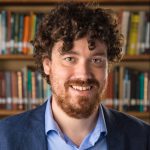
Tristan Buckmaster
Princeton University and Institute of Advanced Study
REGISTRATION FEE ONLINE ATTENDANCE: 25€
REGISTRATION DEADLINE: 10/06/2022
*Registration includes: coffee breaks, lunch and the colloquium reception at IEC
| Application deadline for grants is 15/05/2022 |
| Resolutions will be sent by TBP |
UPF | UB | UPC | UAB
Paying by credit card
ON-CAMPUS AND BELLATERRA
BARCELONA AND OFF-CAMPUS
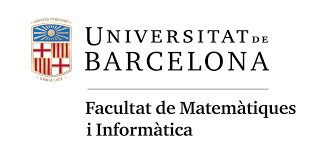
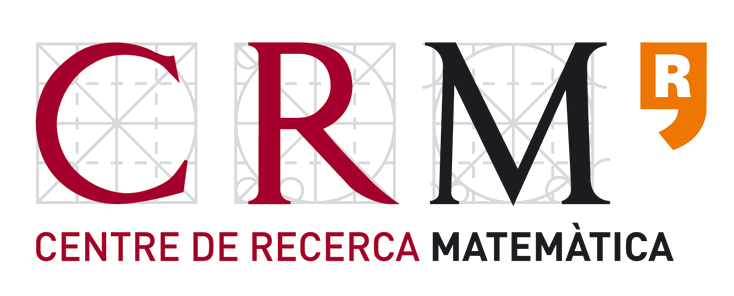

|
For inquiries about this event please contact the research programs coordinator Ms. Núria Hernández at nhernandez@crm.cat
|

